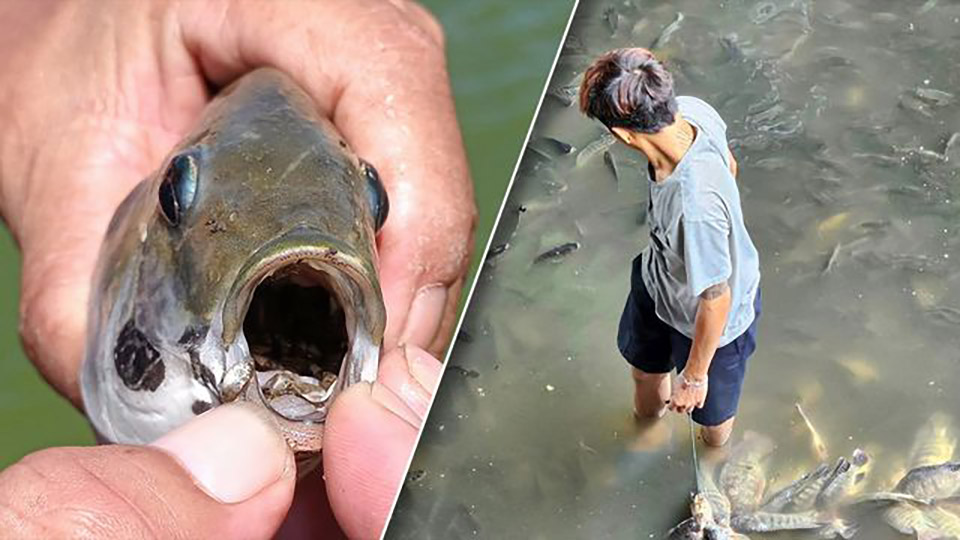
The government is launching a nationwide campaign to mitigate the impact of invasive blackchin tilapia by converting the fish into bio-fertilizer for rubber plantations. Supported by the Rubber Replanting Aid Fund, the initiative will start on August 1, allowing fishermen to sell captured blackchin tilapia for 15 baht per kilogram at 49 designated collection stations across 14 provinces.
The blackchin tilapia, originally from Africa, has been detrimental to local ecosystems, rapidly breeding and preying on native fish species and their eggs. This adaptive species can inhabit fresh, sea, and brackish waters, exacerbating its impact across diverse environments. The purchasing stations, managed by the Fisheries Department, are located in provinces such as Chanthaburi, Rayong, and Samut Prakan, where this invasive species is prominent.
The program forms part of a five-point government strategy to address the ecological challenges posed by invasive species. Measures include eradicating alien fish from all Thai waters, releasing predator fish to control populations, and extensively monitoring alien fish movements in buffer zones and border areas. Public education efforts are also being ramped up to raise awareness about the risks of cultivating or releasing invasive fish.
Authorities have also imposed stringent penalties to deter blackchin tilapia’s breeding or unauthorized release, with fines reaching up to 2 million baht and potential imprisonment. (NNT)








